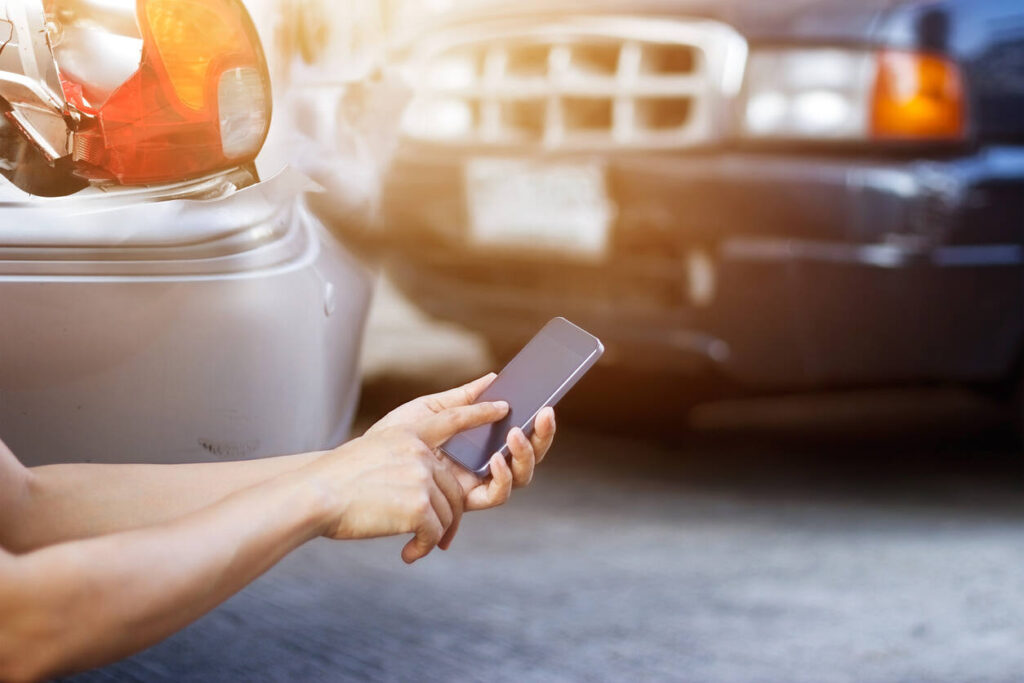Rideshare services like Uber and Lyft are now deeply integrated into daily life across Texas. But when a crash occurs—whether you’re a rideshare passenger, another driver on the road, or even the rideshare driver—figuring out who pays for your injuries or property damage can quickly become a legal maze. That’s because rideshare insurance isn’t like standard car insurance. It changes depending on what the driver was doing at the exact moment of the incident.
This complexity often catches people off guard. If you’re navigating a rideshare-related injury, it’s critical to understand your rights, what coverage might apply, and when you need legal support to ensure you aren’t left with the bill.

What Period Was the Rideshare Driver In?
Rideshare companies like Uber and Lyft use a tiered insurance system that varies based on the driver’s status at the time of the crash.
These are typically divided into three periods:
- Period 1: The driver is logged into the app but hasn’t accepted a ride yet.
In this case, only limited liability coverage applies—usually far less than during an active ride.
- Period 2:The driver has accepted a ride and is en route to pick up the passenger.
Here, Uber and Lyft provide limited liability coverage that is very complex with multiple layers.
- Period 3: The passenger is in the vehicle.
This is the phase with the most complete coverage. Uber and Lyft usually provide $1 million in commercial coverage, including collision, liability, and UM/UIM protections.
The challenge? Determining what “period” the driver was in when the crash occurred often requires investigation and evidence gathering—something an experienced personal injury attorney can manage on your behalf.
Rideshare Insurance Claims Often Involve More Than One Insurer
Even once the correct insurance period is identified, multiple insurance companies may be involved.
These can include:
- The rideshare company’s insurance.
- The rideshare driver’s insurer.
- The at-fault party’s insurer (if that’s not the rideshare driver).
- Your insurance (in some cases).
Each company will try to reduce or deny liability, and without strong legal representation, you could find yourself stuck between insurers pointing fingers at one another.
Why Legal Guidance Matters After a Texas Rideshare Accident with Injuries
Rideshare companies have sophisticated legal and insurance teams on their side. Injury victims need the same level of advocacy.
Whether you’re a passenger injured during a ride, a driver dealing with denied claims, or a third-party motorist hit by a rideshare vehicle, our attorneys can help:
- Investigate the crash and determine liability.
- Collect app records, telematics, and ride history.
- Handle insurance disputes and negotiations.
- Pursue maximum compensation for your injuries.
Don’t Get Caught in the Confusion. Get Help Today.
If you’ve been injured in a crash involving Uber, Lyft, or another rideshare service, don’t leave your financial future to chance. These claims require quick action, detailed evidence, and experienced legal strategy.
Call (512) 883-0277 or contact us online for a free consultation. We pursue dedicated, driven results for our clients, and there is never a charge to talk to an attorney.
We stand ready to help you.
Related Link:





